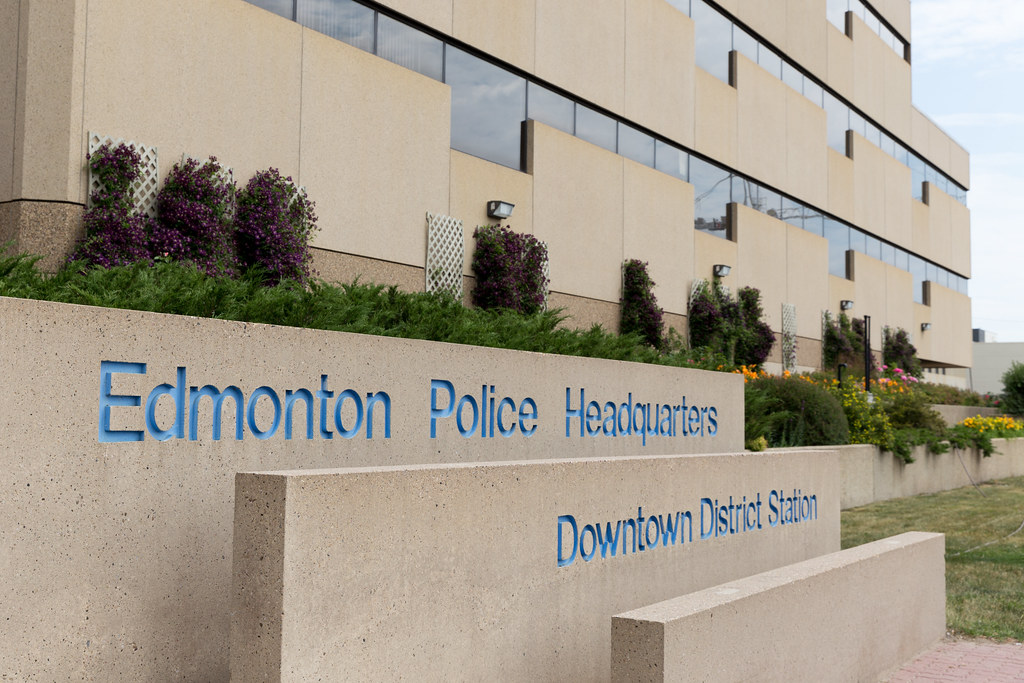A year after privacy commissioners raised the alarm about police use of Clearview AI's facial recognition technology, the Edmonton Police Service announced plans to use a different company's software to identify suspects by comparing still images of their faces to mugshots found in police databases in Edmonton and Calgary.
The EPS said on Feb. 1 that it has procured NeoFace Reveal, which is facial recognition software produced by NEC Corporation of America. It has been used by the Calgary Police Service since 2014.
Episode 165 of Speaking Municipally, Taproot's civic affairs podcast, raised some questions about police use of the technology. Co-host Mack Male cited a 2021 report from the Public Good Initiative at the Munk School of Global Affairs and Public Policy for the Canadian Civil Liberties Association, noting the risk that such technologies could amplify inequities within the system:
"In comparison (to) ClearviewAI, the NeoFace Reveal system was used to compare images to a mugshot database rather than a database scraped from the internet," the report says. "While this addresses some privacy concerns as the systems are used on lawfully obtained photos, there remains concerns about the use of the facial recognition technology as grounds for arrest or harassment, and about the nature of mugshot databases, grounded in over-policing of racialized minorities."
The podcast also cited a 2018 report from Big Brother Watch, which found through more than 50 freedom-of-information requests in the U.K. regarding a related NEC product called NeoFace Watch that "the overwhelming majority of the police's 'matches' using automated facial recognition to date have been inaccurate. On average, a staggering 95% of 'matches' wrongly identified innocent people."

The Edmonton Police Service has announced plans to use NeoFace Reveal, a kind of facial recognition software to compare still images to the mugshot databases in Edmonton and Calgary. (Mack Male/Flickr)
Edmonton police did not say what they spent on the software. The Toronto police spent $450,000 on NeoFace in 2018 and credited it for helping to solve a murder case. The Arizona Department of Transportation asked for US$1 million to upgrade its system and then $360,000 in annual hosting and maintenance fees starting in 2024 — it uses NeoFace Reveal primarily to detect identity fraud.
Supt. Warren Driechel said in a release that the software will not be applied over live streams or social media platforms, and only trained technicians within the police service will be allowed to use the technology at the request of investigators.
The Office of the Information and Privacy Commissioner of Alberta has confirmed receipt of an assessment request from the Edmonton Police Service but has not completed its review.
"They ... took the lesson from the Clearview scandal and wanted to make sure that people know that this is not using their private information without their consent," said Male, noting that this still doesn't address the risks of false positives or reinforcement of systemic racism.
In Episode 165, Male and co-host Troy Pavlek also take a look at city council's reluctance to allow drinking in parks despite last summer's apparently successful pilot program, as well as the conflict brewing between Mayor Amarjeet Sohi and Premier Jason Kenney over when to lift COVID-19 restrictions.
